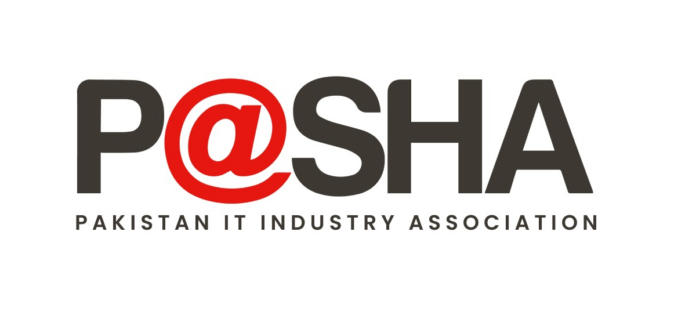ISLAMABAD: The Pakistan Software Houses Association (P@SHA) has termed the federal Budget 2025–26 a “disappointment” and a direct threat to the future of Pakistan’s Information Technology (IT) and IT-enabled Services (ITeS) sector.
In a statement, P@SHA said the budget dealt a blow to an industry that has long carried hopes for export-led recovery, youth employment, and digital transformation. The sector currently employs over 600,000 young Pakistanis—one of the country’s largest pools of skilled talent.
Despite this, the association lamented that the budget failed to address two of the sector’s most urgent and long-standing demands: a clear and equitable taxation framework for remote workers and the continuation—and expansion—of the existing tax regime for formal IT exporters.
“What the industry has consistently demanded is not a temporary concession or patchwork relief, but a stable, 10-year tax policy framework that would enable companies to invest, grow, and compete globally,” P@SHA stated.
P@SHA Chairman Sajjad Syed said the association had been warning for over a year about a growing imbalance in taxation. He noted that high-earning remote workers employed by foreign companies remain untaxed, while full-time employees of local IT firms are taxed—giving an unfair advantage to foreign employers.
“This makes local hiring more expensive, incentivises capital flight, and encourages informal arrangements,” Mr. Syed said. “Talent retention is collapsing, export dollars are being parked abroad, and formal firms are bleeding value.”
The chairman added that the solution is straightforward. P@SHA has proposed classifying any individual earning more than Rs 2.5 million annually from fewer than three foreign sources as a remote worker. This measure, he said, would affect only the top 5 percent of earners, sparing freelancers and small remitters.
According to P@SHA, the State Bank already has mechanisms to track the necessary data, making this a policy that could be implemented overnight—yet the proposal has been ignored for years.
The association also criticised the government for failing to extend the existing tax regime for IT exporters, which it described as the foundation of over $700 million in investment commitments secured through the Digital Foreign Direct Investment (DFDI) initiative.
“A significant amount of taxpayer money was spent to secure those investments during a recent forum in Islamabad,” the statement noted. “There is no continuity in tax policy, and these investments are now at risk. Foreign investors will not engage with a country where rules change every year.”
P@SHA warned that the current budget sends a damaging signal to the international community that Pakistan’s digital economy lacks stability and seriousness.
“The consequences will be devastating,” said Mr. Syed. “Pakistan’s IT sector—once considered among the country’s most globally competitive industries—may lose its momentum entirely.”
He warned that export growth would stall, jobs would disappear, and the government’s target of achieving $25 billion in IT exports would slip permanently out of reach.
P@SHA concluded that Budget 2025, in its present form, poses an existential threat to the formal tech ecosystem and urged the government to act quickly and decisively to avoid irreversible damage.




